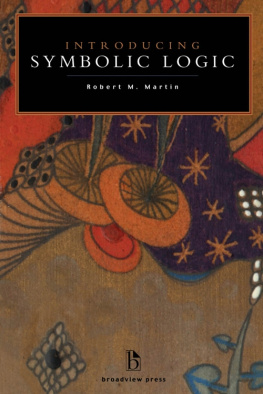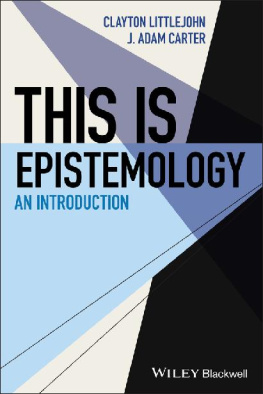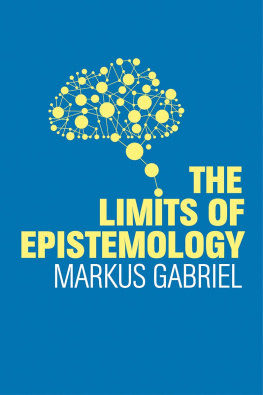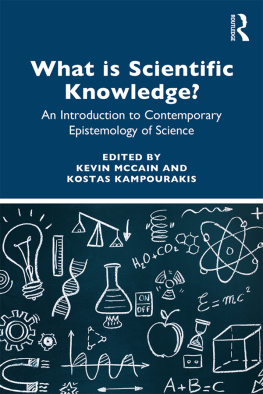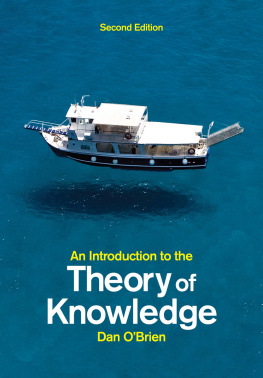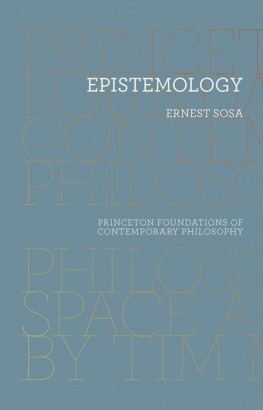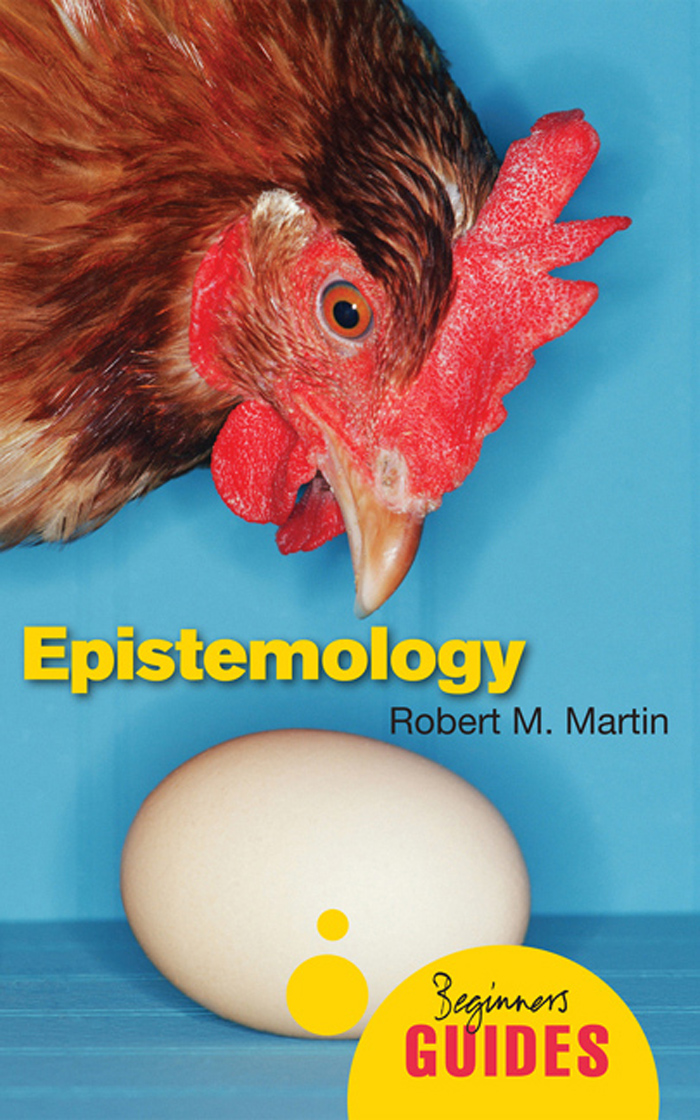Epistemology
A Beginners Guide
ONEWORLD BEGINNERS GUIDES combine an original, inventive, and engaging approach with expert analysis on subjects ranging from art and history to religion and politics, and everything in between. Innovative and affordable, books in the series are perfect for anyone curious about the way the world works and the big ideas of our time.
anarchism
aquinas
artificial intelligence
the beat generation
biodiversity
bioterror & biowarfare
the brain
the buddha
censorship
christianity
civil liberties
classical music
climate change
cloning
conservation
cold war
crimes against humanity
criminal psychology
critical thinking
daoism
democracy
dyslexia
energy
engineering
the enlightenment
epistemology
evolution
evolutionary psychology
existentialism
fair trade
feminism
forensic science
french revolution
history of science
humanism
islamic philosophy
journalism
lacan
life in the universe
literary theory
machiavelli
mafia & organized crime
magic
marx
medieval philosophy
middle east
NATO
the northern ireland conflict
oil
opera
the palestineisraeli conflict
philosophy of mind
philosophy of religion
philosophy of science
postmodernism
psychology
quantum physics
the quran
racism
renaissance art
the small arms trade
sufism

Epistemology
A Beginners Guide
Robert M. Martin

A Oneworld Paperback Original
This ebook edition published by Oneworld Publications 2014
Published by Oneworld Publications 2010
Copyright 2010
The moral right of Robert M. Martin to be identified as the Author of this work has been asserted by him in accordance with the Copyright, Designs and Patents Act 1988
All rights reserved
Copyright under Berne Convention
A CIP record for this title is available
from the British Library
ISBN 9781851687329
ISBN 9781780741543 (ebook)
Cover design by vaguelymemorable.com
Oneworld Publications, 10 Bloomsbury Street,
London, WC1B 3SR, England
www.oneworld-publications.com
Stay up to date with the latest books,
special offers, and exclusive content from
Oneworld with our monthly newsletter
Sign up on our website
www.oneworld-publications.com
To Fran
Contents
Acknowledgments
My thanks to Mike Harpley and the anonymous reviewer at Oneworld for their helpful criticisms and suggestions.
Introduction
Everybody knows things. But what exactly is knowledge? Whats missing when some beliefs dont count as knowledge? Where does knowledge come from? Why are some sources of belief reliable sources for knowledge? Are any sources reliable? Its surprising given how ordinary and everyday knowledge is that the answers are not obvious. Philosophers have been thinking about these questions, and arguing with each other about what the answers are, for at least two thousand years. Well take a look at the main things the most interesting things theyve had to say.
An unusual thing about philosophy is that theres debate about everything, from the very beginning. This makes philosophy very different from other fields, which start with elementary facts and techniques that everyone agrees on, and that students new to the subject are expected to accept and master without question. You should not read this book expecting to find out the universally accepted elementary groundwork there isnt any in philosophy. What there is, instead, is a series of questions, each with several different answers proposed by various philosophers.
Some readers unfamiliar with this sort of thing would be tempted to look among the various responses to find the one the author really wants the reader to believe in. This response will be frustrated: the author of this book has made a strong effort to disguise his own opinions. You wont be able to guess what he thinks and theres really no point in trying. (Who cares what he thinks?) Or else you might give up on trying to figure out which answers are right and which are wrong. This response will make things boring if you dont try to judge which answer is right, that takes away much of the interest in what these philosophers say.
The best response to this book is to try to evaluate every position to judge whether its correct or not. This is not just a gut reaction: every position presented will be accompanied by arguments pro and con arguments you can consider, to see whether theyre convincing. Maybe youll be able to add some arguments of your own.
If any of these issues grips you enough, you can go far deeper into this issue than whats here by looking into what philosophers have had to say in other books and philosophy journals. At the end of the book, youll find a section telling you where to find the writings which are the sources of some positions and quotations, and where to start reading further about the main issues.
In a way, then, this book offers you something not available from introductions to many other fields. Here you can start doing philosophy evaluating different positions, trying to answer questions, thinking critically and creatively from the very beginning. This can be an exhilarating experience.
The official name for the study of knowledge in philosophy is epistemology. The word epistemological means pertaining to the study of knowledge; while epistemic means pertaining to knowledge. These are handy bits of philosophy-jargon, which well be using in the rest of this book.
1
Defining knowledge
Senses of know
The first question we ought to think about is: what, exactly, is knowledge? That is, when is it proper to say that someone knows something? What were after, here, is an account of what it takes to be knowledge. Sometimes its thought that to give this account we must provide a set of conditions that are individually necessary and jointly sufficient.


